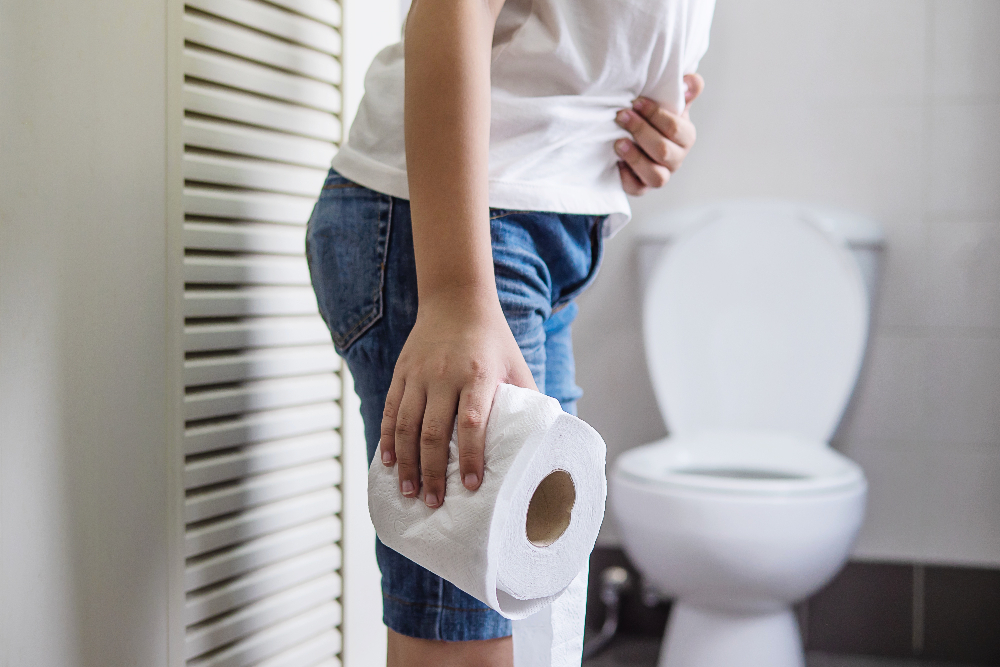
Water is crucial for life, but as the saying goes, “too much of anything can be harmful.” Overhydration, or water intoxication, occurs when you consume more water than your kidneys can excrete, causing an imbalance in your body’s electrolyte levels. This rare yet serious condition can lead to life-threatening complications, including brain swelling, seizures, and even death. We spoke to Dr Surrinder Kumar, MBBS and General Physician, New Delhi to understand the water intoxication and its warning signs.
Dr Kumar said, “Water intoxication, also known as hyponatremia, happens when excess water dilutes the sodium levels in the blood. Sodium is an important electrolyte that helps regulate water balance in and around your cells. When sodium levels drop too low, it disrupts cellular functions, particularly in the brain.”

He highlighted that our kidneys typically process about 800–1,000 millilitres of water per hour. Consuming large amounts of water in a short time can overwhelm this capacity, leading to water intoxication.
According to Dr Kumar, here are the people who are more likely to get water intoxication:
Athletes engage in endurance sports and consume excessive water during activities.
People with certain medical conditions, such as kidney problems or hormonal imbalances.
Individuals participating in water-drinking challenges or excessive hydration practices.
Here are the warning signs that indicate that you are drinking too much water:
Dr Kumar said if you are rushing to the bathroom more often than usual, especially waking up multiple times at night, it could be a sign you’re drinking too much water.
According to Dr Kumar, excess water can cause cells to swell, leading to puffiness in the face, hands, and feet. This swelling may be mild or noticeable.
Dr Kumar highlighted that low sodium levels can trigger headaches, nausea, and vomiting. These symptoms often occur in the early stages of water intoxication.
According to Dr Kumar, severe overhydration can cause neurological symptoms such as confusion, disorientation, or difficulty concentrating. This happens when brain cells swell, increasing intracranial pressure.
Don't Miss: Here's Why You Should Get Thai Massage Done Regularly

Dr Kumar said, “An electrolyte imbalance caused by overhydration can lead to muscle cramps, spasms, or weakness. The body requires a delicate balance of sodium, potassium, and other electrolytes for muscle function.”
Here are tips to stay hydrated safely as suggested by Dr Kumar:
Listening to your body’s natural signals rather than forcing yourself to consume a set amount of water.
A pale yellow urine indicates adequate hydration, while clear urine may suggest overhydration.

If engaging in intense physical activity, consider electrolyte-rich drinks instead of plain water.
Don't Miss: Yoga Asanas & Habits That Can Get Rid Of Migraines
Aim to drink 2–3 litres of water daily unless your doctor advises otherwise.
Dr Kumar said if you experience severe symptoms such as confusion, seizures, or loss of consciousness, seek immediate medical attention. Water intoxication is a medical emergency that requires prompt treatment to restore electrolyte balance and prevent complications.
Remember, while staying hydrated is crucial for good health, balance is key.
Image Courtesy: Freepik
Also watch this video
Herzindagi video
Our aim is to provide accurate, safe and expert verified information through our articles and social media handles. The remedies, advice and tips mentioned here are for general information only. Please consult your expert before trying any kind of health, beauty, life hacks or astrology related tips. For any feedback or complaint, contact us at [email protected].